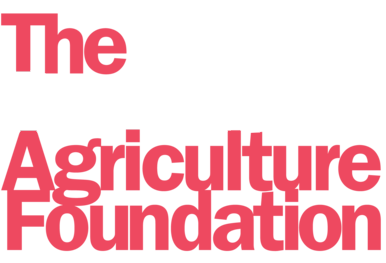The Difference Between Toxic Positivity and Gratitude
In our quest for happiness and emotional wellbeing, we often encounter the concepts of toxic positivity and gratitude. While both notions deal with our outlook on life, they can lead to vastly different outcomes. Toxic positivity, often disguised as unwavering optimism, can invalidate genuine emotions, while gratitude encourages a healthy perspective on life.
Understanding Toxic Positivity:
Toxic positivity refers to the mindset that demands relentless positivity, disregarding any negative emotions or experiences. It promotes the idea that one must always be happy, optimistic, and cheerful, often dismissing or invalidating genuine feelings of sadness, anger, or frustration. While positivity can be beneficial, toxic positivity becomes harmful when it denies the complexity of human emotions and forces individuals to suppress their genuine feelings.
The Dangers of Toxic Positivity:
Emotional Suppression: Toxic positivity creates an environment where individuals feel compelled to hide or dismiss their true emotions, fearing judgment or rejection. Suppressing negative emotions can lead to psychological distress and hinder personal growth.
Imagine a person who constantly feels pressure to appear happy and optimistic, even when they're going through a tough time. This expectation forces them to suppress their genuine emotions, leaving them feeling unheard and disconnected from their own feelings.Invalidation of Experiences: By overly emphasizing positivity, toxic positivity fails to acknowledge the challenges and hardships individuals face. It can make individuals feel unheard, isolated, and misunderstood, as their authentic experiences are invalidated or trivialized.
Consider a situation where someone opens up about a challenging experience they've had, seeking empathy and understanding. However, they are met with phrases like, "Just think positive!" or "Everything happens for a reason." Such responses invalidate their genuine feelings and fail to acknowledge the complexity of their experience.Unrealistic Expectations: The pressure to maintain constant positivity can be exhausting and unrealistic. It places an undue burden on individuals to conform to societal expectations, which can lead to feelings of inadequacy or self-doubt.
Picture an individual who feels compelled to maintain an unshakable positive facade, fearing that any display of negativity would be seen as weakness. This constant pressure to always be positive becomes exhausting and creates unrealistic expectations that can lead to self-doubt and feelings of inadequacy.
The Power of Gratitude:
Gratitude, on the other hand, involves acknowledging and appreciating the positive aspects of life, without dismissing or ignoring the negative ones. It is about cultivating a mindset that recognizes and expresses appreciation for the blessings, big or small, that we encounter daily.
The Benefits of Gratitude:
Increased Resilience: Practicing gratitude can enhance our ability to navigate difficult times by providing a sense of perspective and reminding us of the positive elements in our lives. It helps us develop resilience and adaptability in the face of challenges.
Consider a person facing a difficult period in their life, such as a job loss. Instead of denying their emotions, they practice gratitude by focusing on the support they receive from friends and family, as well as the skills and opportunities that lie ahead. This shift in perspective helps them develop resilience and navigate the challenges more effectively.Improved Mental Health: Gratitude has been linked to improved mental wellbeing, including reduced stress levels, increased happiness, and enhanced overall life satisfaction. By focusing on the good, we can reframe our thoughts and cultivate a positive mindset.
Imagine someone who regularly takes a moment to reflect on the positive aspects of their day, such as a beautiful sunset or a heartfelt conversation. By cultivating gratitude, they are more likely to experience reduced stress levels, increased happiness, and an overall sense of contentment.Strengthened Relationships: Expressing gratitude fosters stronger connections with others. When we acknowledge and appreciate the contributions and support we receive from loved ones, it deepens our bonds and creates a positive atmosphere in our relationships.
Picture a couple who make it a habit to express gratitude towards each other. They often take the time to genuinely appreciate the efforts their partner makes, whether it's a simple act of kindness or a major accomplishment. This practice fosters a deeper connection, trust, and a positive atmosphere within their relationship.
Balancing Positivity and Authenticity:
While toxic positivity dismisses genuine emotions, gratitude acknowledges the full spectrum of feelings, allowing us to find the silver lining without denying the challenges we face. Striking a balance between maintaining a positive mindset and acknowledging our authentic emotions is crucial for our mental health and overall well-being.
